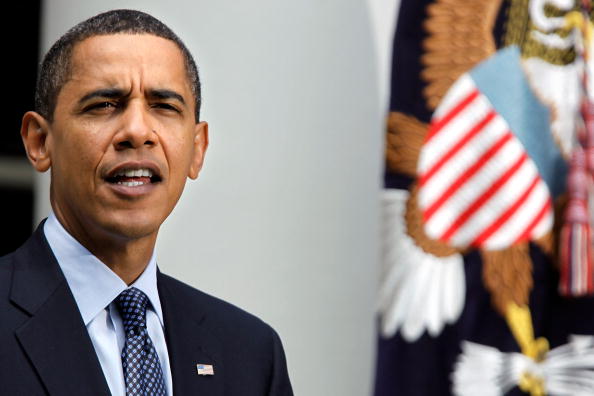
Citing budget constraints, planners of the 2015 White House Conference on Aging once envisioned a virtual affair, with online sessions streamed across the world without any actual presence inside the White House.
In other words, a lackluster, disconnected event that kept policymakers separate from the actual lives of older adults.
Thankfully, conference director Nora Super told the California Health Report last week the July event would bring aging advocates into the White House to share ideas and solutions.
Conference planners still hope to include live video streams.
Meanwhile, Super has been holding regional forums around the country – although none in California – and is thrilled with their popularity.
“There are a lot of great solutions,” said Super. “I’ve had people come up to me and say ‘I’ve been working in aging services all my life and I learned so much.’”
The conference will target four major issues: healthy aging, elder justice, retirement planning, and long-term supports and services.
Still, Super identified a number of other areas seeking creative solutions, including mentoring programs, caregiver workforce development, and medication adherence to prevent disease.
So far, the White House has sponsored five aging conferences, including the initial one in 1961. The most recent was a decade ago in 2005.
This year’s 2015 conference marks the 50th anniversary of Medicare, Medicaid (Medi-Cal in California) and the Older Americans Act, as well as with the 80th anniversary of Social Security.





